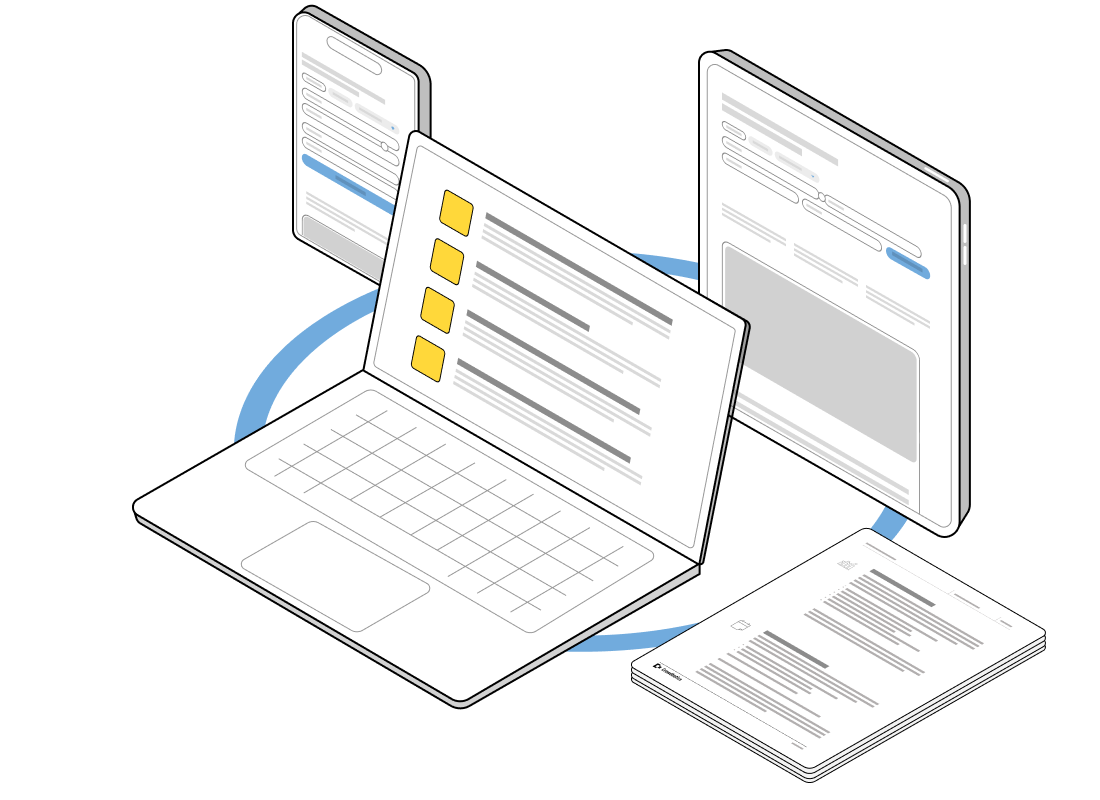What is a retail app?
A retail application is a web, mobile, or desktop application that enables users to make purchases at brick-and-mortar retail locations. Retail apps typically offer features such as barcode scanning and item lookup, payment methods (credit/debit cards, cash), and inventory lookup.
Retail apps have a lot in common with other ecommerce apps like hotel booking apps, vendor management apps, and ticketing apps. Some of the most popular retail applications include Alibaba, Amazon, eBay, and Etsy.
Examples of retail apps built with Crowdbotics:
- The client wants to improve the web experience of their online store as well as build a fairly basic mobile app.
- A mobile app for a national jewelry chain. That would be a full marketplace with payment, shipping info/tracking, multimedia hosting pictures & videos at a minimum.
- An app that will survey customers, create challenges, get rewards, and more. The app is free to download and will be available in the U.S. and Canada.
What is the typical cost to build a retail app?
A retail app usually costs about $37,500 to build. However, the total cost can be as low as $25,000 or as high as $50,000. A retail app with a low number of features (also known as a minimum viable product, or MVP) will be more affordable than an app that includes all intended functionality.
For example, here are some previous retail app price quotes from Crowdbotics:
How long does it take to build a retail app?
A retail app usually takes 1067 hours to build. However, a retail app can be built in as few as 133 hours, or in as many as 2000 hours. The exact timeline mostly depends on how complicated your specific app is. As a general rule, it will take longer if you require highly custom designs, niche features, complex logic, or non-standard release platforms.
For example, some previous retail apps build with Crowdbotics received the following hourly estimates:
Not seeing what you’re looking for?
Crowdbotics has quoted and built hundreds of applications for teams of all sizes. Browse our historical estimates by industry and app type to understand possible costs and considerations.
How to successfully grow your retail application
A retail app can grow its user base by providing users with the ability to shop for products that they are likely to buy. This is accomplished by keeping the user engaged in the app. A good way to achieve this engagement is by providing personalized recommendations based on previous purchases and behavior.
Risks and challenges of building a retail application
A retail app faces risk aspects related to consumer information, the handling of personal financial information, and reputational risks related to the sale of counterfeit or dangerous products. It is generally advisable to work with a legal team that advises on issues related to intellectual property and product liability.


